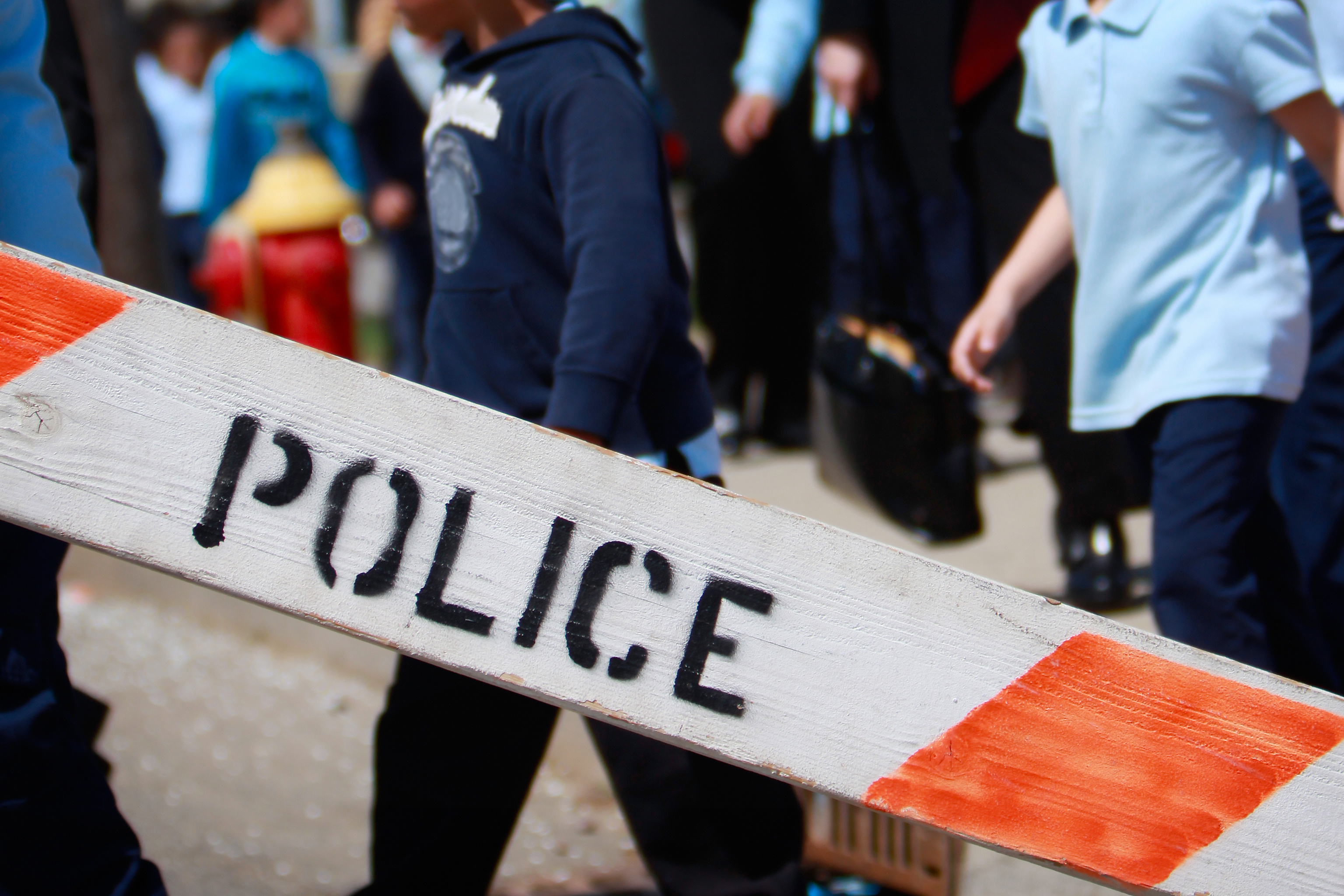Pro-Palestinian Campus Protests Shouldn’t be Snuffed Out by Police
Civil Liberties Union

A damning and explosive story published in the New York Times Magazine has helped put a critical conversation about police in schools in the spotlight.
At the end of December, the Times and ProPublica published an in-depth investigation that highlighted the story of a Huntington High School student in Long Island named Alex.
Alex was arrested by ICE and later deported after he was questioned by a school police officer about alleged gang-related activity. Community members and the NYCLU have long been concerned about close coordination between the Suffolk County Police Department, schools and ICE. Alex’s deportation based on flimsy evidence gathered by a school police officer and apparently shared with police and ICE is one example of the clear dangers of this partnership.
The story prompted outcry from community members who are concerned that school, a place that should be welcoming and supportive for all students, has become a place where immigrant students are viewed with suspicion as potential threats. Both the Huntington School District and community members are now calling for a “Memorandum of Understanding” with the police department to reduce and regulate the role of police officers in schools.
Years of research and data show that schools increasingly rely on police officers to manage student discipline, in place of trained professionals like social workers and counselors. This reliance fuels the school-to-prison pipeline by exposing kids to the criminal justice system for minor infractions. Students of color are far more likely to have interactions with police officers, more likely to be disciplined, and more likely to be arrested in school. For many black and brown students, having a police officer in school may actually make them less safe.
Research also shows that true safety in schools requires trust between students and school officials. When students don’t trust authority figures, it can make everyone less safe. If a student is scared to tell school officials or law enforcement about dangerous activity because of the threat of deportation, those activities are far less likely to come to the attention of authorities. This kind of communication is critical to stopping violence before it happens.
Police officers should not be in charge of disciplining students for minor misbehavior, nor should they share information to local law enforcement or ICE about student relationships, attire, immigration status, or disciplinary records. Establishing rules to limit the role of police in school and limit the sharing of information that could eventually put students on the devastating path to arrest, detention or even deportation is a critical step to disrupting both the school-to-prison and school-to-deportation pipelines.
Students of color are far more likely to have interactions with police officers, more likely to be disciplined, and more likely to be arrested in school.
A Memorandum of Understanding (MOU) that reduces and regulates the role of police in schools should be centered on what’s best for students and the learning environment.
It must uphold student privacy rights, establish that educators are responsible for school discipline, mandate specialized training for officers working in schools, and ensure accountability and transparency. School districts can also designate their schools as ‘‘sanctuary schools” for immigrant and non-citizen students and families. Adopting the language of sanctuary communicates to families that their immigration status and family information will be kept confidential by the school, ensuring that fear doesn’t keep kids from accessing an education.
You can find the NYCLU’s MOU recommendations here.
Limiting the role police play in schools and stopping them from sharing information or allegations about students with immigration authorities will make schools better for all students. It will also help keep more young people of color from ending up in immigration custody or a jail cell.